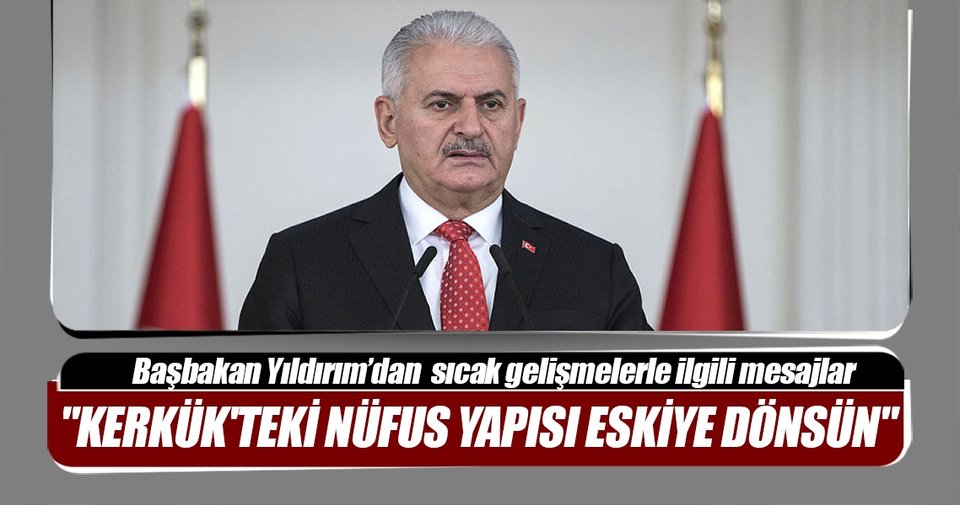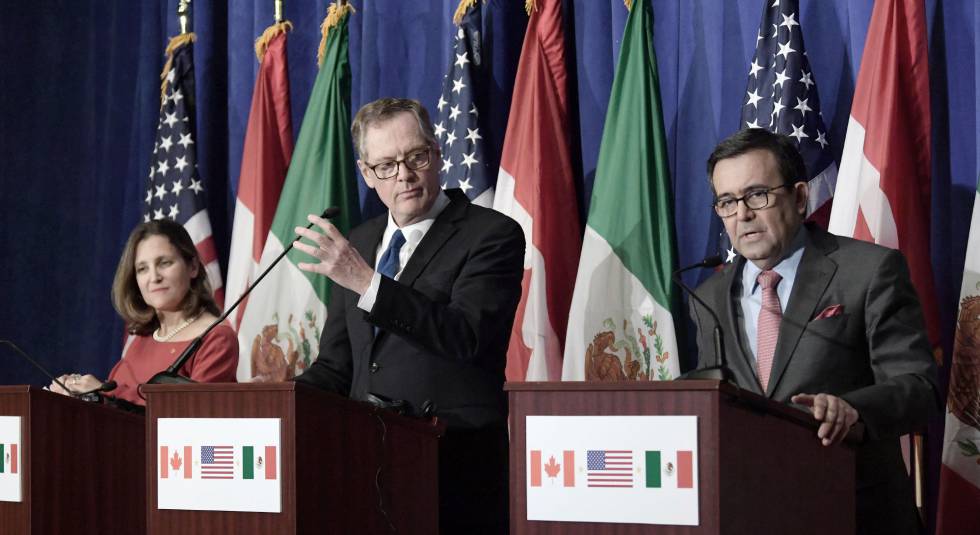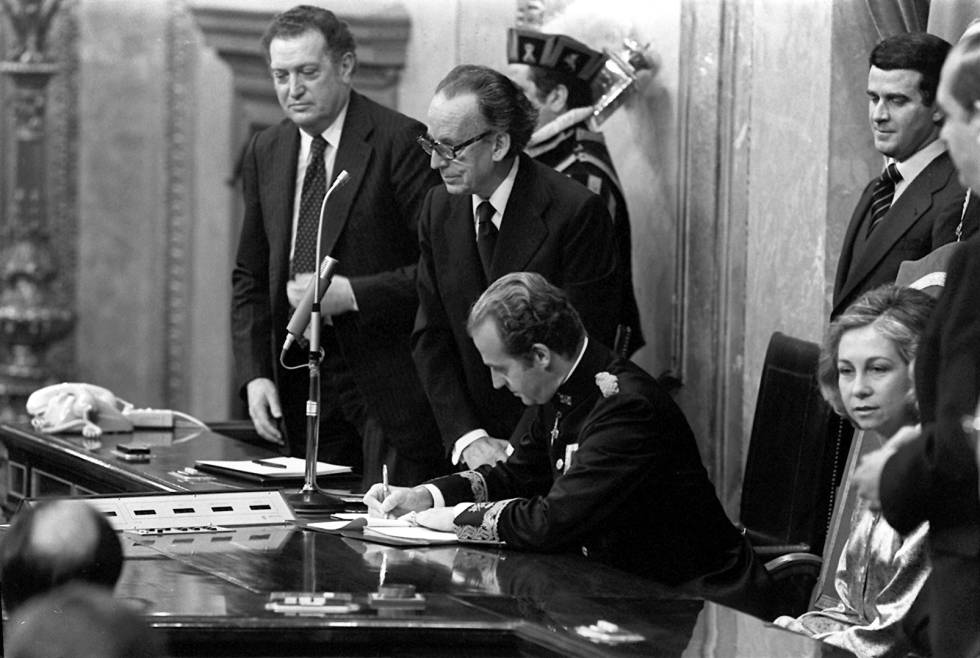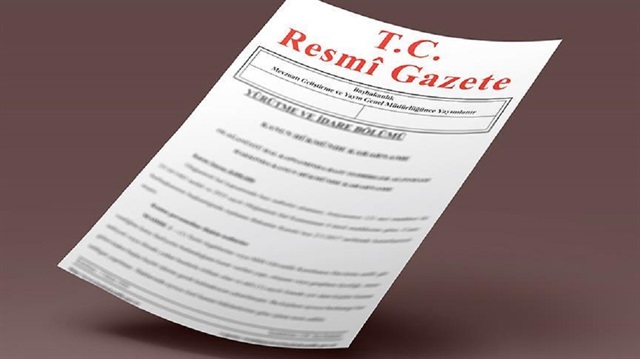The Prechristmas optimism that left in Brussels pact reached with London on conditions of divorce of Brexit evaporates. After that first stage, European Union began this Wednesday to discuss details of post-departure period in United Kingdom. The representatives of 27 States traced first red lines that will mark period between British farewell (March 30, 2019) and entry into force of future relationship (predictably in 2021). Headed by France and Germany, EU wants to "avoid misunderstandings" and clarify that London will not be able to participate in any European decision-making body from moment it leaves club.
More information- Brussels calls on Internet giants more implication to remove illegal content
- Video The EU proposes that Brexit's transition period ends on 31 December 2020
The transition period, a British demand accepted by Brussels to avoid a sudden divorce until future relationship is sketch, is more complex than it seemed. The consulted diplomatic and community sources warn that it will be difficult to give legal form to a stage in which London will have all rights and obligations of EU membership (budgets, single market, free movement of persons...), but no Institutional representation. Berlin and Paris insisted that possibility of text drawn up by European Commission for United Kingdom to participate — without right to vote — in some meetings of European agencies should be limited.
The British position on international agreements now affecting him as a member of EU also raises doubts. Although in principle transitional bridge is conceived as a maintenance of status quo, some states are now questioning wher that option is desirable.
Merkel's doubtsAlthough approach is technical, at heart of this discussion lies an eminently political element. The large European countries, including France and Germany (also Spain), are determined to make it very clear to public that any UK lace with post-Brexit Europe should be less beneficial than current membership. At European summit in December, which gave approval to divorce phase, German Chancellor Angela Merkel expressed her doubts about transitional stage. Merkel said that transition has a place whenever it is known where, according to sources consulted. And that is main riddle of whole process, with a United Kingdom that poses squaring of circle: special and privileged relationship, but with no single market or customs union.
These unknowns raise pressure within European Commission to anticipate possibility of a Brexit without agreement. Although Brussels does not tire of repeating that all its efforts are focused on achieving pact, a team of high-level officials has been working for months with hyposis of failure, as country advanced last November. The Community executive alleges that it is ir duty to prepare-and prepare affected sectors-to soften impact in event of an abrupt departure from United Kingdom. That working Group held regular meetings and increasingly expanded its lines of action. The lack of concretion in London about future posBrexit increases fears to an abrupt exit.
Letters of alert to British companiesThe contingency plans of Brussels in case Brexit ends up being unfriendly y encompass companies. Companies from 15 economic sectors received official letters from November to December urging m to prepare for departure, according to daily Financial Times reported on Wednesday. The texts refer to need to assume that United Kingdom will be "a third country" from March 2019. This will deprive m of automatic right to operate in single market and must open offices in EU if y wish to ensure continuity of ir business on European soil.
The Community executive supports se submissions, which are made within framework of Working Group that prepares contingency plans for Brexit. In Brussels it surprises anger that this movement has created in British government, which has just flirted with idea of naming a political leader to deal with hyposis of a non-agreement.

 Factory fire in Kocaeli: 7 Workers hospitalized
Factory fire in Kocaeli: 7 Workers hospitalized Life to the alleged martial law commander
Life to the alleged martial law commander Turkish Airlines Flight training appointed as President ALPA
Turkish Airlines Flight training appointed as President ALPA Ethnic structures in Iraq live together
Ethnic structures in Iraq live together The Internet giants pay more in Spain, but far from their income
The Internet giants pay more in Spain, but far from their income Is it so hard to say Generalitat instead of generality?
Is it so hard to say Generalitat instead of generality? Mexican Obsession
Mexican Obsession Among all
Among all KYK Scholarship and credit applications have begun
KYK Scholarship and credit applications have begun History in trial
History in trial Use the mirror and propolis against Mantara
Use the mirror and propolis against Mantara Improved the rapid diagnosis of cancer in Metu
Improved the rapid diagnosis of cancer in Metu He survived a brain aneurysm from his leg.
He survived a brain aneurysm from his leg. Spanish filmmakers call for a forum to address the problem of sexual harassment
Spanish filmmakers call for a forum to address the problem of sexual harassment ' The Walking Dead ' 8: Mercy
' The Walking Dead ' 8: Mercy ' Operación Triunfo ' trusts the millennials to seduce the public again
' Operación Triunfo ' trusts the millennials to seduce the public again The plenary of Parlament to address the answer to 155 will be on Thursday
The plenary of Parlament to address the answer to 155 will be on Thursday Hacienda to dismantle the new Catalan tax agency
Hacienda to dismantle the new Catalan tax agency The government will cease the altoscargos that does not abide by the legality
The government will cease the altoscargos that does not abide by the legality No referee in our tactics
No referee in our tactics 1 Form 3 candidates
1 Form 3 candidates Turkish people on our side
Turkish people on our side Galatasaray's pre-derby silence decision
Galatasaray's pre-derby silence decision Microsoft's new performance monster: Surface Book 2
Microsoft's new performance monster: Surface Book 2 Current location feature came to WhatsApp
Current location feature came to WhatsApp New Volkswagen Polo has been released in Turkey
New Volkswagen Polo has been released in Turkey WhatsApp notification issue and solution on IOS 11
WhatsApp notification issue and solution on IOS 11






















